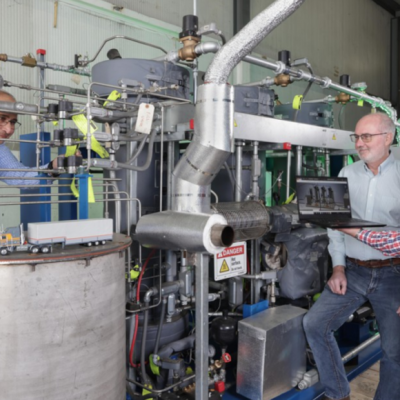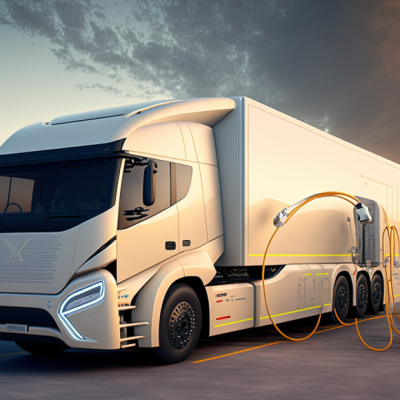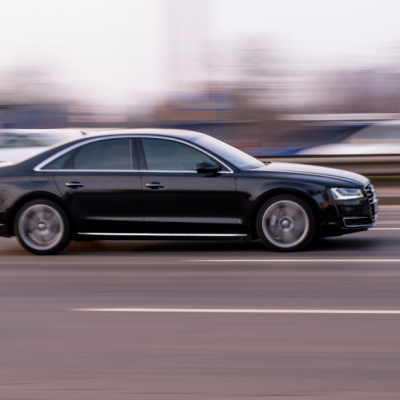A recent study has found that the newly introduced CO2 price has significantly reduced the number of kilometers driven and, as a result, the emissions from car traffic. The effect of the price increase for gasoline and diesel is equivalent to 360,000 cars being taken off the road. Starting from January 1, 2021, Germany has implemented a CO2 price of 25 euros per tonne of carbon dioxide, which will gradually increase to 55 euros per tonne by 2025. The aim of this “quasi-tax” is to reduce carbon dioxide emissions, with a particular focus on the transportation sector, which is responsible for approximately 20% of Germany’s CO2 emissions.
According to the study conducted by the RWI – Leibniz Institute for Economic Research, a 10% increase in gasoline prices for gasoline cars reduces the number of kilometers driven by an average of 2.5%. With the new CO2 price, which makes gasoline 5% more expensive, gasoline cars would drive 1.25% fewer kilometers. However, paradoxically, a higher gasoline price also leads to an increase in fuel consumption per kilometer, likely due to changes in driving behavior, such as avoiding long trips while maintaining high fuel consumption per kilometer during city driving. On the other hand, there is no significant impact on the performance or fuel consumption of diesel cars, likely because diesel vehicles are mainly used by people who are forced to travel long distances for work or family reasons and therefore cannot respond to higher diesel prices.
Overall, the study concludes that a CO2 price of 25 euros per tonne would reduce the CO2 emissions from cars in Germany by at least 740,000, equivalent to 0.8% of the total emissions from all cars in Germany. The effect of the current CO2 price is equivalent to taking 360,000 vehicles off the road. A CO2 price of 55 euros would reduce emissions by 1.62 million tonnes of CO2, equivalent to 790,000 vehicles being taken off the road, and would reduce CO2 emissions from car traffic by 1.7%.
In conclusion, the CO2 price has proven to be an effective tool in reducing carbon dioxide emissions from car traffic in Germany. While there are some paradoxical effects on fuel consumption per kilometer, the overall impact is significant and could be further increased with a higher CO2 price.










